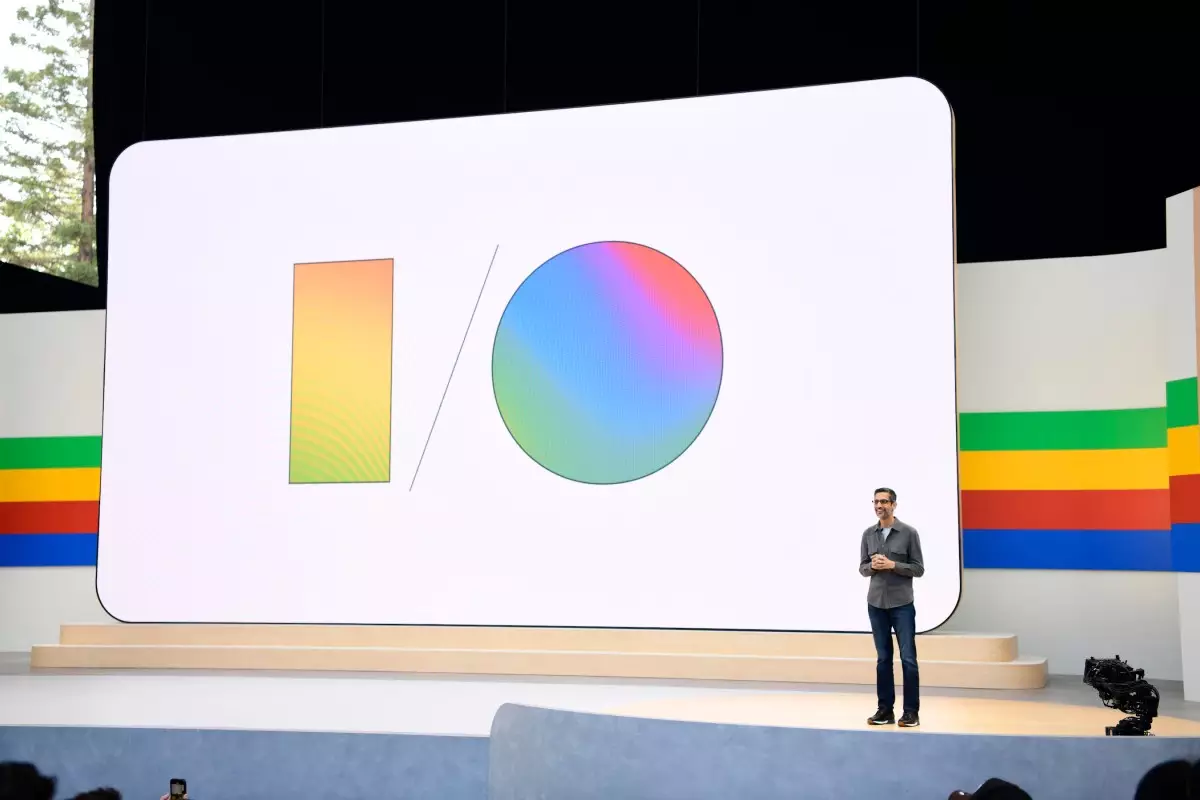Every year, Google I/O stands as a pillar in the tech event calendar, where developers, enthusiasts, and industry professionals gather to celebrate innovation and discover what’s next for one of the world’s leading tech giants. Scheduled for May 20 to 21 at the iconic Shoreline Amphitheatre in Mountain View, California, this year’s conference promises to be particularly exciting, showcasing a range of product announcements that span across Android, Cloud, YouTube, and AI applications. It is not merely about launching new technologies; it’s about setting the course for the future of digital interaction.
Anticipation Building Around Gemini
Among the hottest topics this year is undoubtedly Google’s crowning achievement in AI: the Gemini family of models. As artificial intelligence continues to redefine our interaction with technology, Google appears poised to make a significant announcement regarding their upcoming Gemini Ultra model. As the flagship of its AI offerings, expectations run high for this updated version, particularly regarding features that could enhance user experience.
Recent leaks suggests that Google may introduce additional subscription plans, going beyond the existing Gemini Advanced tier. Speculation is rife about the potential introduction of Premium Plus and Premium Pro tiers, which would presumably offer advanced functionality at a service fee. While the precise benefits of these plans remain under wraps, one can’t help but ponder how they might elevate Gemini’s capabilities in practical applications, potentially impacting everything from productivity to personalized user experiences.
AI-Powered Initiatives Beyond Gemini
AI has been the talk of the tech industry, and Google is firmly in the trenches, pushing boundaries with ambitious projects. One noteworthy area likely to be highlighted is Astra, an initiative devoted to creating AI applications and intelligent agents capable of intricate, multimodal understanding. The breadth of these applications underscores the importance of user-centric innovation, which aims not only to streamline tasks but also to enrich user interactions with technology.
Project Mariner, another ambitious plan aimed at creating AI agents capable of real-time web navigation, could also take center stage at I/O. This project positions itself as a game-changer, allowing users to leverage AI to perform complex tasks online, potentially making information retrieval and task management more intuitive. As we consume more content and engage more online, the need for smarter, context-aware tools becomes increasingly pressing.
New Developments and Features
Aside from AI advancements, Google I/O also promises significant updates in various segments of the Google ecosystem. Following its precursor, The Android Show, which unveiled new safety features like advanced ways to locate lost devices and enhancements to the Advanced Protection program, the anticipation for additional updates is palpable. The introduction of Material 3 Expressive design language signifies a move toward more aesthetically pleasing, user-friendly interfaces, reinforcing Google’s commitment to enhancing user experience across its platforms.
Sessions dedicated to other integral parts of Google’s architecture, including Chrome, Google Cloud, and Google Play, are slated to follow the keynote addresses. These discussions are crucial in shaping the developer landscape and empowering creators through better tools and resources. The potential unveiling of AI-enhanced educational models like LearnLM or Video Overviews, a feature speculated to create video summaries using Google’s Veo 2 model, could truly expand the horizons of content creation and education in the digital age.
Future of Interaction and Creative Endeavors
As Google I/O unfolds, it is worth contemplating the implication of these technological strides not only within the industry but in everyday life. The human-computer interaction paradigm is shifting, with AI playing a central role. Products that integrate seamlessly with user needs are no longer just aspirational; they are fast becoming a reality.
Expectations are high as Google gears up to substantiate its position as a leader in innovation. The dialogue generated around the conference will undoubtedly shape developer strategies and consumer expectations in the months to come. As we look forward to the detailed announcements and new technologies showcased at Google I/O, it is an exciting moment not just for Google, but for the entire tech industry.

